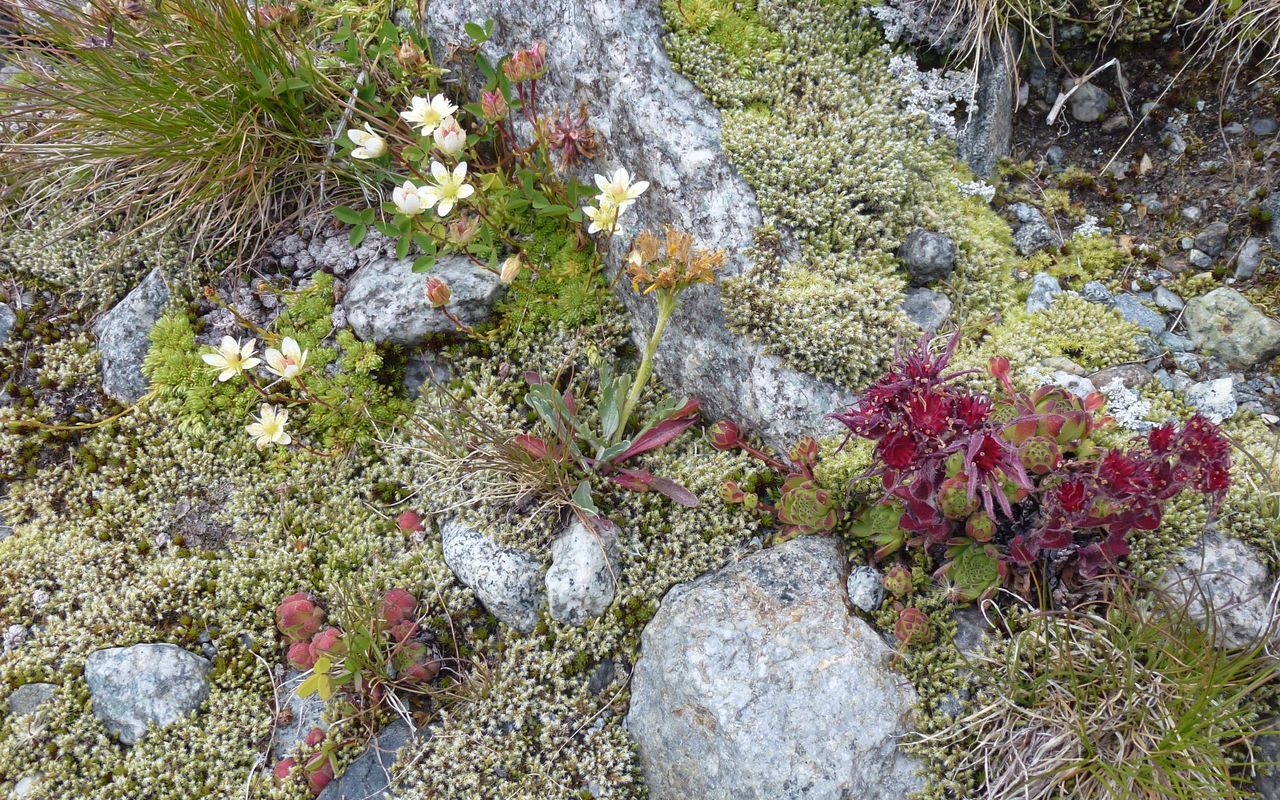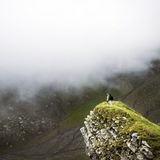
© davidschweizer.ch
Hike responsibly Nature's privileged guest
With your walking shoes on, you enter the kingdom of plants and animals. It’s a place where you have a lot of freedom: you can choose your itinerary and your pace. However, bear in mind that you are the mountains’ privileged guest.
Many plants and animals live in this environment, fighting for survival in sometimes harsh surroundings. Many of them are endemic to a particular environment, unable to survive and find appropriate food anywhere else. The black grouse is a good example: it can only be found at the edge of the forest, where there are bushes and it can find berries to eat.
Before, during and after your hike you have a huge responsibility towards the environment: use the eco-friendliest form of transport, watch where you walk and take all your rubbish with you for recycling. This will help preserve and protect alpine nature.
Code of conduct for hikers
Here are a few suggestions for looking after and respecting nature, thus enabling all hikers, including yourself, to enjoy future experiences in the snow.
1. Respect the restrictions
Find out about climbing prohibitions, annual closures and other restrictions by looking them up in advance on www.klettergebeite.ch, www.zones-de-tranquillite.ch and in the SAC guide book. Pay attention to the notice boards in the area.
2. Use the existing paths and itineraries
This helps protect the delicate biotopes of the fauna and flora. Don’t trespass on private property and close gates behind you.
3. Take photographs of flowers rather than picking them
Flowers are at their most beautiful in their natural environment. Pick fruit and mushrooms in moderation and avoid doing so on designated days.
4. Keep the environment clean
Take your rubbish away with you. Should you need to go to the toilet, avoid doing so near water courses and cover up human waste and toilet paper. Bear in mind that the snow will melt in the spring (so avoid the proximity of mountain huts for example). Paper hankies and wipes should not be used as these take a long time to decompose.









Other points to consider
A responsible attitude and respect for nature are not only important during the climb. The preparation, the means of transport and accommodation are all essential to the success of the hike.
5. Travel ecologically
Take advantage of the numerous offers on public transport. If you must use a car, opt for Mobility or the Swiss Alpine Taxi which is available on some routes.Nutze die vielen Vorteile . Falls es ohne Auto nicht geht: Fahrgemeinschaften bilden und oder für Teilstrecken einsetzen.
6. Respect any restrictions on access or parking
It is generally forbidden to drive along forest tracks. Avoid parking in unauthorized areas: this annoys farmers and land owners and can damage vegetation.
7. Eat local produce and save water and energy
Spending the night in the area and buying local produce helps support mountain regions and makes your climb eco-friendlier. Save water and energy in your accommodation: both are in limited supply!
8. Camp responsibly
If you wish to camp, check beforehand that it is permitted. Don’t leave anything behind other than your footprints. You will find more useful tips in our camping and bivouacking brochure (available in German and French).
9. Use existing campfire sites
Each new campfire destroys the soil and vegetation for years. Be aware of the risk of forest fires.
10. Keep dogs on a lead, especially in the forest
Dogs love chasing wild animals, which puts them under a lot of stress.
